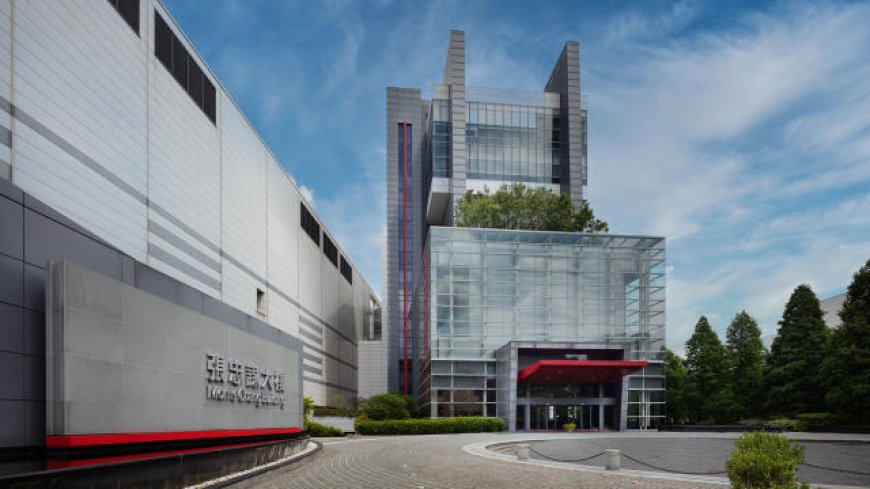TSMC's Advanced Semiconductor Facility Launch in Japan
Taiwan Semiconductor Manufacturing Company (TSMC), the world's leading contract manufacturer of chips, is set to inaugurate its first fabrication plant (fab) in Japan on February 24, 2024. This new facility, located near Kumamoto on the island of Kyushu, is reported to be Japan's most advanced semiconductor production facility, marking a significant development in the global semiconductor industry.

Overview of the Kumamoto Facility's Capabilities
The Kumamoto facility will utilize TSMC's N28 (28nm-class) technologies, positioning it as a key player in the production of semiconductor chips. The facility will focus on a variety of production nodes derived from the N28 technology, including several N28 variants and the specialized 22ULP fabrication process, which is tailored for ultra-low-power applications. While these technologies may not be suitable for high-performance computing applications like advanced system-on-chips (SoCs) for smartphones or PCs, they are perfectly aligned with the needs of the automotive and consumer electronics sectors, which are thriving in Japan.
Also check Cooler Master's Pro Station Monitor Riser: The Ultimate Workspace Upgrade
Relevance and Demand for TSMC's N28 Technologies
Despite not being at the forefront of cutting-edge technology for high-performance CPUs or GPUs, TSMC's N28 class technologies have a significant role to play in the market. The long lifecycle of many integrated circuits (ICs) in the automotive and consumer electronics sectors ensures the continued relevance and demand for these processors. This strategic focus by TSMC caters to the specific needs and demands of the Japanese market and its robust industrial sectors.
Future Expansion Plans and Production Timeline
TSMC plans to commence chip production at this facility in the second half of 2024. There are also rumors of TSMC's potential expansion with another fab in Japan, capable of processing wafers using TSMC's N16-derived process technologies. These technologies, which include N16, N12, and N12e, belong to the 16nm and 12nm classes, representing a step forward in technological advancement.
Employment and Workforce Development at the New Fab
The new fab is expected to employ approximately 1,700 people when fully operational. Currently, the facility has about 1,400 employees, with an anticipated addition of 250 new graduates joining in the spring of 2024. This employment boost reflects TSMC's commitment to fostering local talent and contributing to the regional economy.
TSMC's Global Expansion and Collaborative Ventures
TSMC's expansion beyond Taiwan is driven by a surge in chip demand and influenced by the current geopolitical landscape. In Japan, TSMC is collaborating with Sony to build this fab. The facility's monthly production capacity is set to be 45,000 wafer starts per month. Initially, the investment in the fab was projected to be $7 billion, with substantial subsidies from the Japanese government, although the final cost remains undisclosed.
TSMC's R&D Initiatives in Japan
In addition to the new fab, TSMC is also establishing a research and development center in Japan and engaging in various collaborative projects with the University of Tokyo. These initiatives reflect TSMC's commitment to innovation and its strategy to integrate more deeply into the Japanese semiconductor landscape.
Conclusion: TSMC's Strategic Move in the Semiconductor Industry
TSMC's establishment of its advanced semiconductor production facility in Japan represents a strategic move in the global semiconductor industry. By aligning its production capabilities with the specific needs of the Japanese market and investing in local talent and research, TSMC is not only expanding its global footprint but also reinforcing its position as a key player in the semiconductor manufacturing sector. The success of this venture could have significant implications for the global semiconductor supply chain and technological advancements in the industry.


































